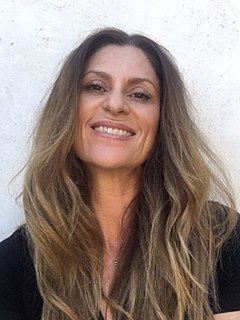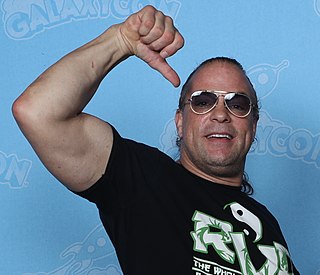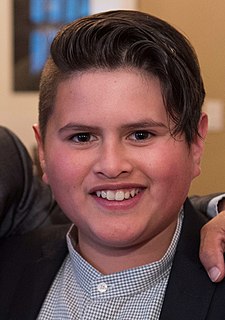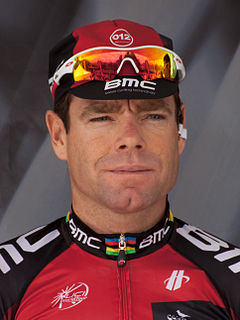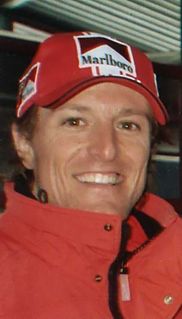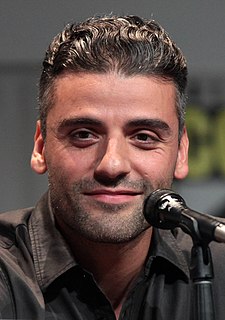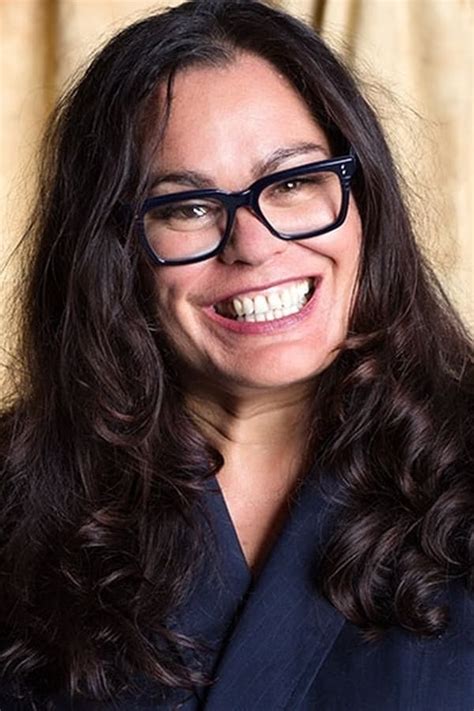A Quote by Niki Caro
I made 'Whale Rider', I saw that to be specific and authentic is to be universal, and I've continued to work in an identical way ever since.
Related Quotes
As I see it, I'm just getting better and better as a rider - physically and mentally. I'm as motivated as I ever was. I enjoy it as much as I ever did. When you're a good rider on a good day, the bike doesn't rattle and bounce. You're smooth. Even if it's rough you can find a way to make the bike float.
It was like the first time I'd ever seen Hollywood just really not do the right thing. We filmed Free Willy in Mexico. I'd come in a really nice car from my hotel, and we'd have to drive around all the crew that was sleeping in the parking lot. People making their breakfast on the ground. It was because there was a whale there that was in a little tank. It just felt gross. It felt really bad. They didn't free that whale for, damn... at least 10 years later. The poor whale had horrible psoriasis all over him, and his fin didn't work.
When I was 19, I thought [Brokeback Mountain] was going to be the best movie ever made. And everyone was going to see it and it was just going to be incredible. And then nobody saw it and it didn't get bought at Sundance. And it was a really great experience. Humbling. And then it's since found its way.
